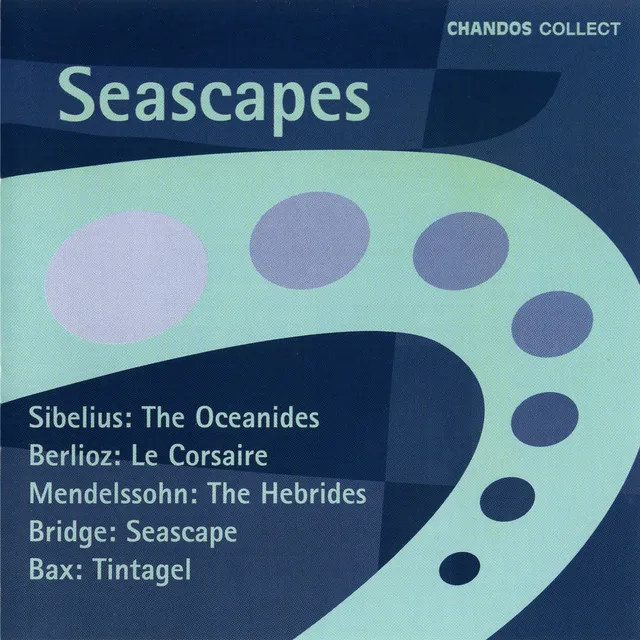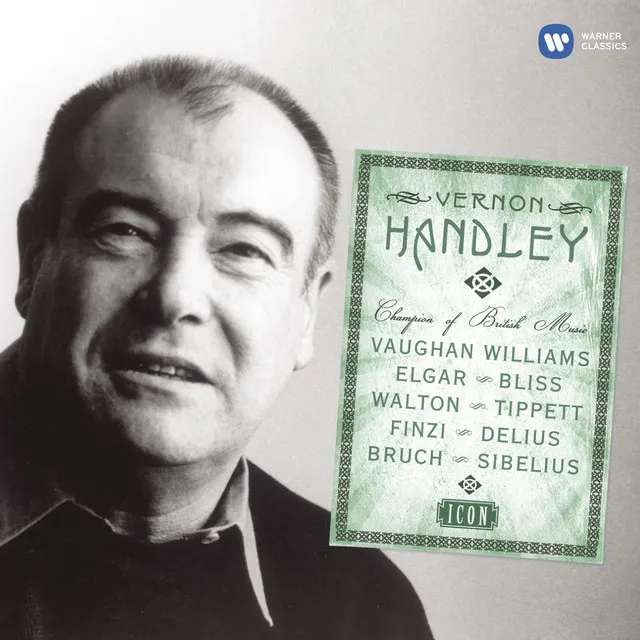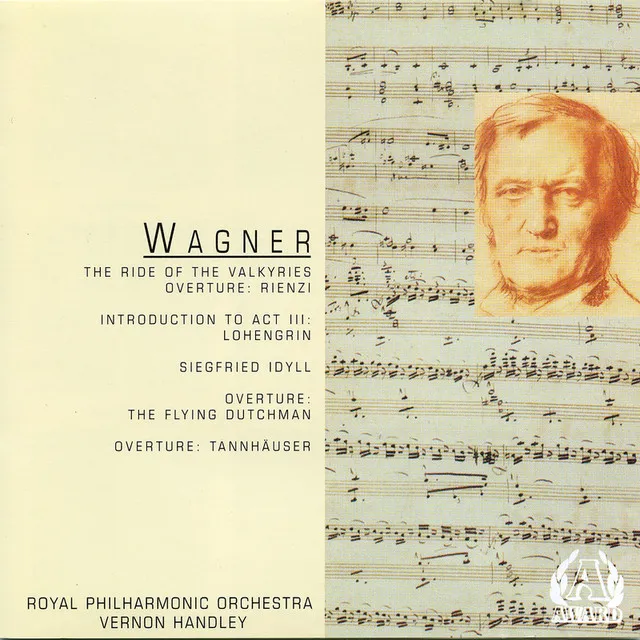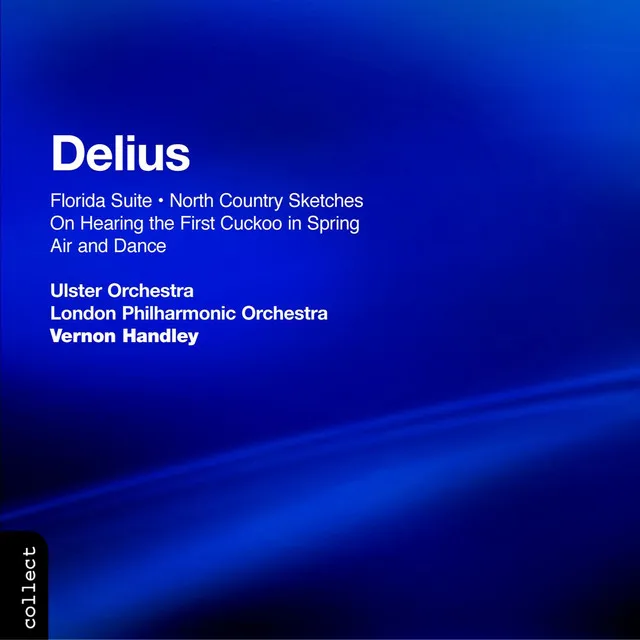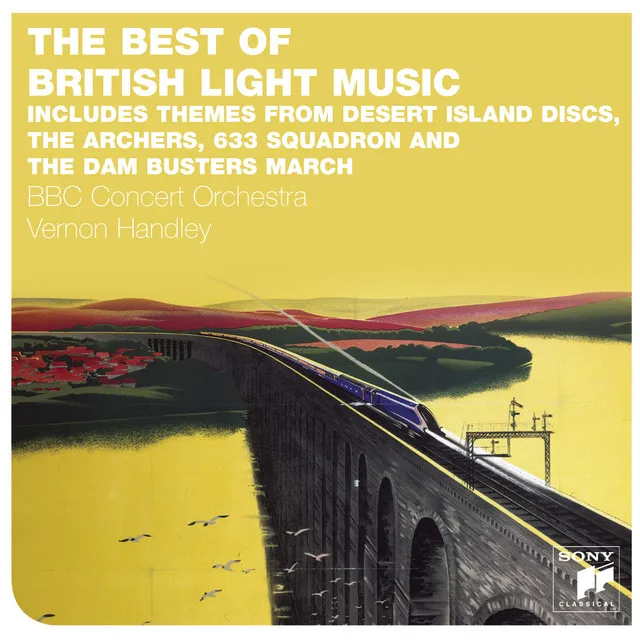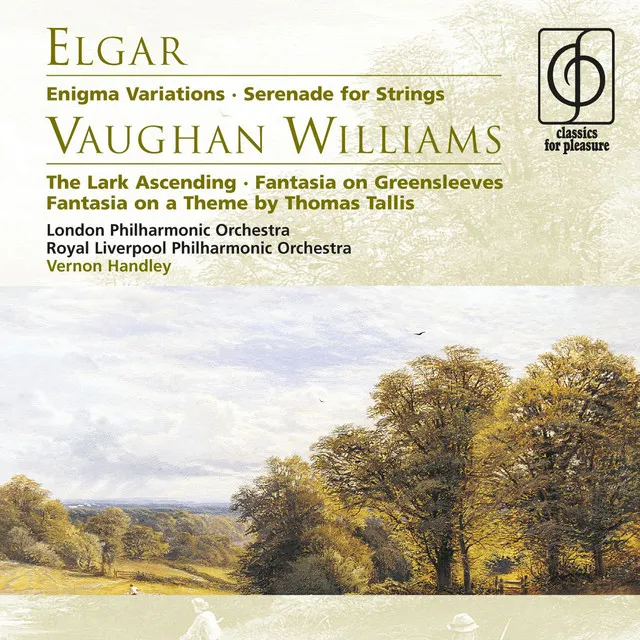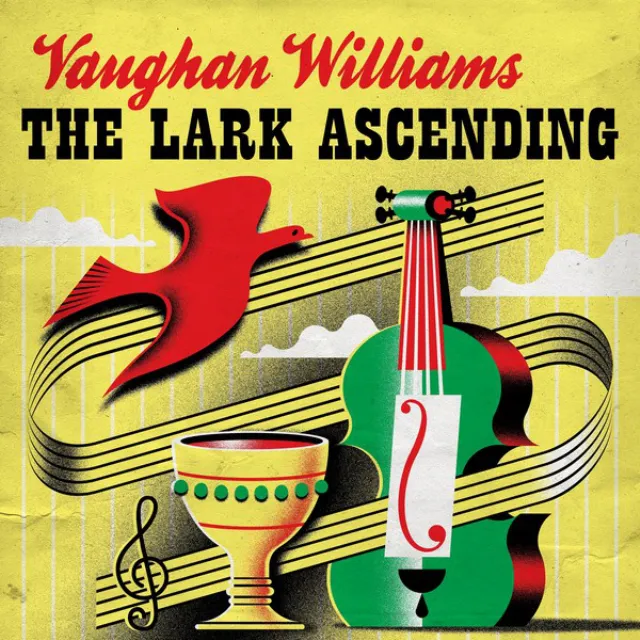One of England's busiest and most recorded conductors of the late 20th century, Vernon Handley emerged in the 1970s as the successor to Sir Adrian Boult and Sir John Barbirolli as the leading exponent of English music. Like Boult before him, he made a career specialty out of performing and recording symphonic music from England, some of it well-known and much of it overlooked by previous generations of conductors and audiences.
Vernon George Handley was educated at Balliol College, Oxford, and the Guildhall School of Music. His earliest engagements as conductor were with the Oxford University Musical Club and Union, the Tonbridge Philharmonic Society, and the orchestra of the Hatfield School of Music and Drama. He became a professor of orchestra and conducting at the Royal College of Music during 1966, a post he held for six years. During the 1960s and 1970s, Handley was a frequent guest conductor with the Bournemouth Symphony Orchestra, the City of Birmingham Symphony Orchestra, the Royal Philharmonic, the BBC Welsh Orchestra and the BBC Northern Symphony, the London Philharmonic, and the Philharmonia Orchestra. He was also frequently seen as a guest conductor on tour in various European countries, including Germany, Holland, Sweden, and France. Handley was also seen as a conductor at the London Proms concerts, and was the chief guest conductor of the Royal Liverpool Philharmonic Orchestra from 1989 to 1994, in addition to holding posts with several Australian orchestras. In 1998 he became principal guest conductor of the BBC Concert Orchestra, and was, as well, associate conductor of the Royal Philharmonic Orchestra.
Handley's major impact as a conductor was through his recordings for EMI and Chandos, where he performed a large body of important English music. For EMI, his recordings of the music of Delius and Elgar, and, especially, the nine Vaughan Williams symphonies have proved perennially popular, the latter good successors to the earlier recordings by Sir Adrian Boult. For Chandos, he recorded a more unusual and specialized body of work, including the six symphonies of Sir Charles Villier Stanford -- which had largely been forgotten since the first decade of the 20th century -- and the works of E.J. Moeran, Sir Arnold Bax, Sir Arthur Bliss, Peter Warlock, and Gerald Finzi, among many others. Handley also occasionally did work with more mainstream European composers, including conducting Jill Gomez's highly effective performance of the Joseph Canteloube's Songs of the Auvergne.
When he wasn't conducting, Handley spent much of his time studying and photographing birds in their natural habitats.
